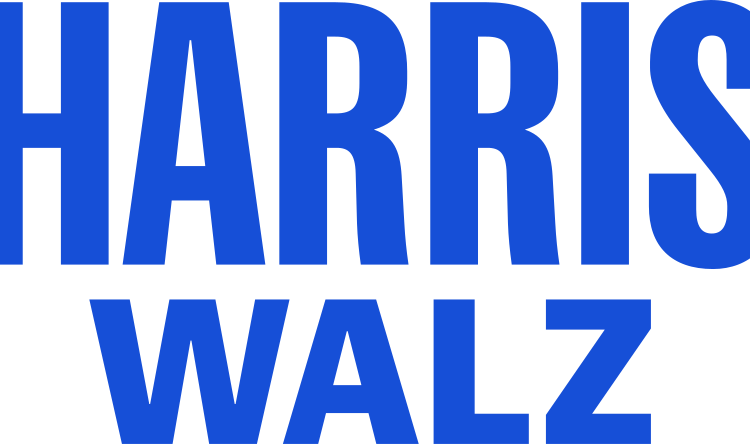Discovering the true value of individuality in the face of societal expectations.
- The author reflects on the impact of her daughter Louisa’s Down syndrome on her understanding of intelligence.
- Historically, individuals with Down syndrome faced low expectations and limited opportunities.
- The author challenges the traditional emphasis on IQ as a measure of worth and success.
- Louisa’s development is closely monitored, highlighting the importance of individualized support.
- The author advocates for a shift from comparing to ‘normal’ to embracing unique personal growth.
After the birth of my daughter Louisa, a doctor pointed out features that indicated she had Down syndrome. Initially, I was in disbelief, as prenatal tests had shown no concerns. However, the confirmation came with blood tests, revealing the presence of three copies of the 21st chromosome. I am thankful for the progress made in the lives of individuals with Down syndrome, as they now have a much better quality of life compared to decades past. Yet, I realized that societal expectations still linger, often equating worth with intelligence. nnBefore Louisa, I associated Down syndrome with low intelligence, a notion I had never questioned as a lifelong overachiever and university professor. My perspective shifted as I navigated the challenges of motherhood, realizing that intelligence is not the sole measure of a person’s value. I became acutely aware of how early development impacts cognitive abilities, leading me to monitor Louisa’s milestones closely. nnI kept meticulous records of her progress, unsure whether they belonged with cherished family memories or medical assessments. Activities like using flashcards became a way for me to feel involved in her development, even if I was skeptical about their effectiveness. nnLiving in a small town, I sought out online communities of parents concerned about their children’s intellectual growth. The internet is filled with advice on raising a child’s IQ, emphasizing the importance of activities like reading and ensuring proper nutrition. However, I grappled with the implications of IQ scores, particularly as Louisa’s was classified as ‘borderline.’ This label made me question her future and my role in her life. nnI realized that I must advocate for a shift in how we define success. Instead of striving for normalcy, we should focus on helping Louisa become her best self. I want her to learn and grow in ways that are meaningful to her, regardless of traditional measures of intelligence. This approach may be unconventional, but it is essential to embrace the unique journey of each individual. nnAs Louisa’s mother, I am committed to fostering an environment where she can thrive, free from the constraints of societal expectations.·
Factuality Level: 6
Factuality Justification: The article provides a personal narrative that touches on the author’s experiences and reflections regarding her daughter with Down syndrome. While it contains some factual information about Down syndrome and societal perceptions of intelligence, it also includes subjective opinions and emotional reflections that may not be universally applicable. The article lacks rigorous scientific backing for some claims, particularly regarding the impact of early interventions on IQ, which could mislead readers. Overall, it presents a mix of personal insight and factual content, leading to a moderate rating.·
Noise Level: 8
Noise Justification: The article provides a thoughtful analysis of the societal perceptions of intelligence, particularly in relation to individuals with Down syndrome. It reflects on personal experiences and challenges the traditional metrics of success, advocating for a more individualized approach to development. The author holds powerful narratives accountable and explores the implications of intelligence-based judgments on human worth. While it is personal and anecdotal, it offers insights that can resonate with broader discussions about education and societal expectations.·
Private Companies: Diversion Books
Key People: Pepper Stetler (Professor of Art History at Miami University), Andy (Husband)
Financial Relevance: No
Financial Markets Impacted: No
Financial Rating Justification: The article discusses personal experiences and reflections on parenting a child with Down syndrome, focusing on intelligence and development rather than financial topics or market impacts.·
Presence Of Extreme Event: No
Nature Of Extreme Event: No
Impact Rating Of The Extreme Event: No
Extreme Rating Justification: The article discusses personal experiences and reflections on parenting a child with Down syndrome, but does not mention any extreme events that occurred in the last 48 hours.·
Move Size: No market move size mentioned.
Sector: Healthcare
Direction: Neutral
Magnitude: Medium
Affected Instruments: No
Image source: Vanellus Foto / Own work
Reported publicly: www.wsj.com
www.wsj.com 





